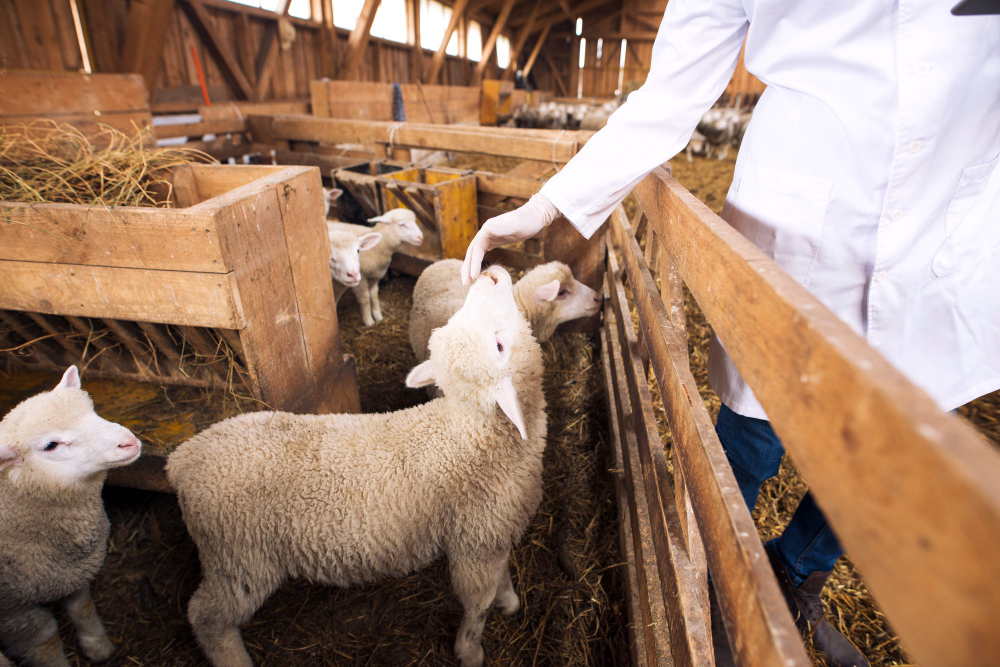Transboundary and emerging animal diseases have increased in frequency in recent decades. Pathologies that were previously only detected outside Europe’s borders are appearing more frequently within the EU, and not just in the southern regions. Acronyms such as BTV (bluetongue), FMD (foot and mouth disease), HPAI (highly pathogenic avian influenza), ASF (African swine fever), and PPR (pest des petits ruminants) are becoming increasingly familiar to livestock professionals, who are aware of the serious consequences they can have on farms and animals.

Given this scenario, the European Union has decided to review current legislation on transmissible animal diseases. The current regulations, inspired by the World Organization for Animal Health (WOAH) Terrestrial Animal Health Code, were adopted more than 50 years ago. Although they have been updated several times, new technologies and prevention, diagnosis, and control techniques require a more in-depth review.
On November 27, the European Parliament will host a debate event entitled “Are our standards fit for the future?”, which will bring together institutional representatives, veterinary experts, and academics to analyze whether current practices—such as biosecurity, vaccination, and stamping out—remain aligned with scientific advances and available technical capabilities.
The issues to be addressed include whether it is really necessary to slaughter all animals on an affected farm, or whether “free-range with vaccination” status may be a realistic possibility in the EU. In addition, a key aspect will be discussed: who should bear the costs of animal disease prevention and management.
The program will feature MEPs Maria Grapini, Alexander Bernhuber, and Benoît Cassart, as well as experts from Ghent University, INRAe, and the French Food Safety Agency (ANSES). Montserrat Arroyo Kuribreña of WOAH and Anne-Catherine Dalcq, Walloon Minister of Agriculture, will also speak. The closing ceremony will be led by European Commissioner for Animal Health and Welfare Olivér Várhelyi.
The event, with interpretation in French, English, and Romanian, will take place from 10:00 to 11:45 a.m. in the WIC 100 room of the European Parliament.
















